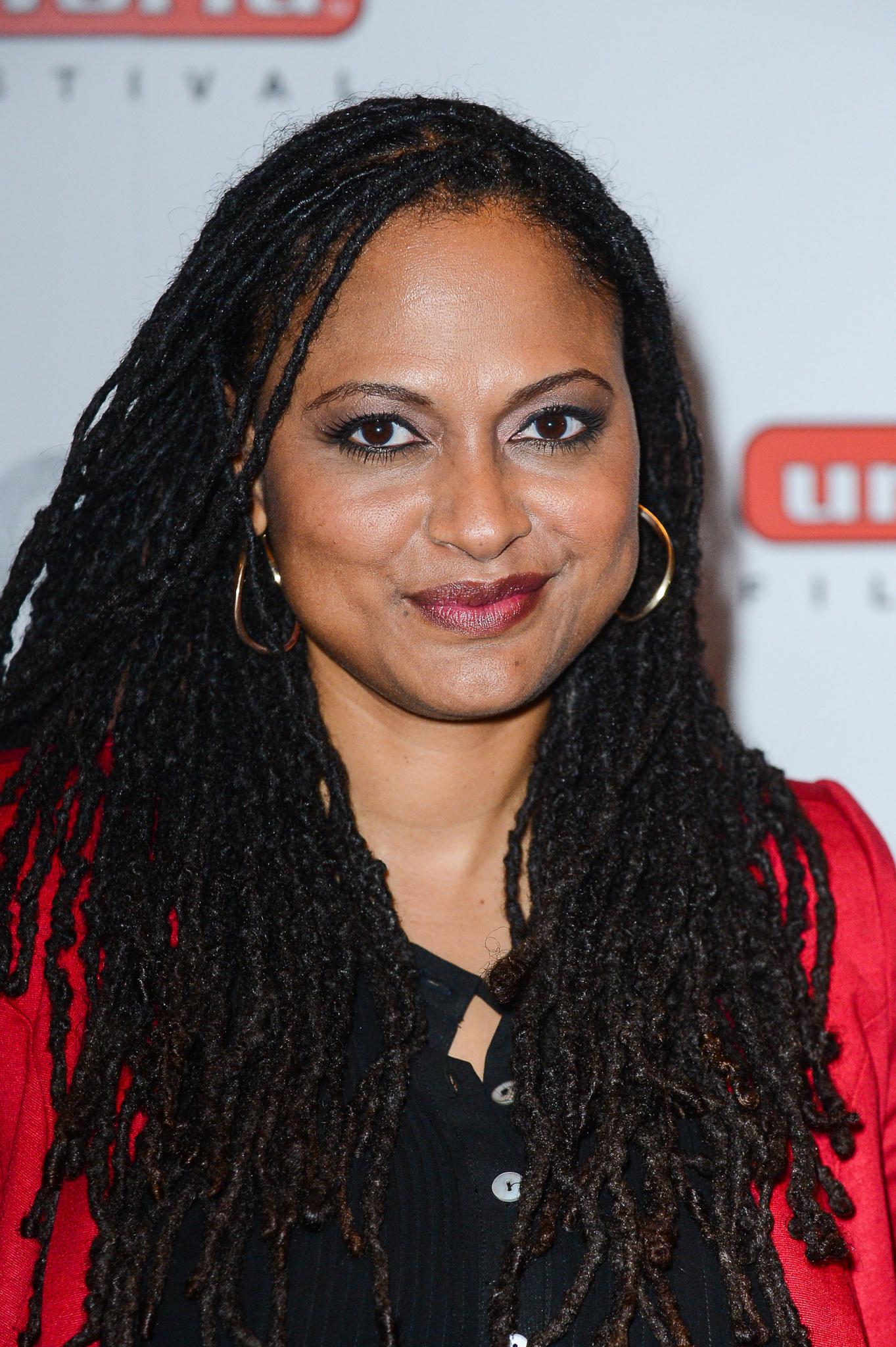
Director Ava DuVernay (Middle of Nowhere) chronicles Venus Williams’ battle for equal pay in tennis in the new documentary Venus Vs. (premiering tomorrow night on ESPN).
It’s a little-known fact that between 2005 and 2007, Williams fought to have Wimbledon officials pay women players the same prize money as their male counterparts. She lobbied British Parliament for financial parity. In 2007 Wimbledon officials agreed—thanks in large part to Williams’ lobbying—to pay women athletes as much as men.That year, she became the first women’s champion to earn as much as the men’s winner, Roger Federer.
We spoke with DuVernay about Williams’ quiet activism, how male athletes did not support equalizing pay, and what made Venus a compelling subject.
ESSENCE: Maybe I just don’t follow tennis enough, but I had no idea half the things that Venus [Williams] had to go through in this respect.
Ava DuVernay: It’s really a hidden story particularly around this issue of fair pay. It was really only covered in the UK; it never really made it to American press. No one picked up the story so I’m happy we got to tell it.
ESSENCE: We know her as this amazing athlete overall. Why only focus on the pay issue for this documentary?
DuVernay: Because I think it’s an important part of her that we don’t know about. For the very reason of what you said; for that fact that she has really led the fight that revolutionized her sport and we really only think of her as a player, a great player, an iconic player, a legendary player. When you match her athletic prowess with her activism and activist spirit it enlarges what we think of her and it’s really important to look at our champions and their totality.
ESSENCE: You feature male athletes saying things like men’s tennis is more interesting or “women are not total athletes.” Are you surprised that these kinds of ideologies are still out there in the sport?
DuVernay: I’m surprised when I hear anything ignorant in any realm. I never get used to hearing that whether it’s in the arena of business or arts or sports. Ultimately women, particularly women of color, are battling these kinds of notions so it’s always particularly compelling when you see someone stand up to it in a real demonstrative way.
ESSENCE: I’ll admit I always think of Serena as the more fiery of the two. What I learned from this documentary is that Serena may be more outspoken; Venus is quiet, but she’s still doing the work.
DuVernay: Yes, she definitely has always. I always think of Venus first actually because she was the first one I had ever heard of and in my mind she was always the first one to step out the door and take all of the big hits. She laid a lot of the groundwork for Serena, but just in terms of personality, Serena is very outgoing and charismatic and bubbly and Venus is a little more reserved and has the polish about her. I think that it creates some distance, so that’s why I was really thrilled that I was able to sit down with her and I think that our interview was really intimate. You see her smile, you see her laugh and tell stories in her own words and that’s really important as we start to get to a point where we’re looking at her full legacy.
ESSENCE: What did you learn about her in all the time you spent with her?
DuVernay: Just high, high, very complex nuance intellect that I never credited her with. Sister is very, very smart about all kinds of things that have nothing to do with tennis. She’s very well read. She’s just dynamic in a quiet way and I think all of us in a celebrity society would maybe gravitate to Serena because she’s more out and we start to minimize people who have the same stress but they express it in a more quiet way. I saw that quiet strength sometimes more powerful.
ESSENCE: The debate around fair pay in tennis could apply to so many other careers. It was interesting how other female tennis players didn’t say anything. Much like the regular workplace, the women didn’t seem to want to ruffle feathers.
DuVernay: I know and when you think of her and all of the millions of dollars that are at stake, one little blemish to a celebrity or athlete’s image can effect brands being attracted to them. While we didn’t see this a lot in the United States, this was a very big, very demonstrative campaign in the UK and she was on the front lines. [Venus] put the cause over herself in that instance and I think that’s really admirable.
Venus Vs. is the first installment of ESPN Film and espnW’s “Nine for IX” series, featuring nine documentaries focusing on female athletes and directed by women. The series premieres Tuesday, July 2 at 8pm.
